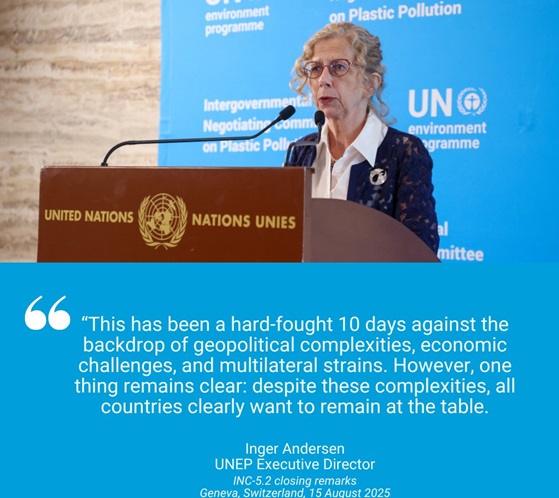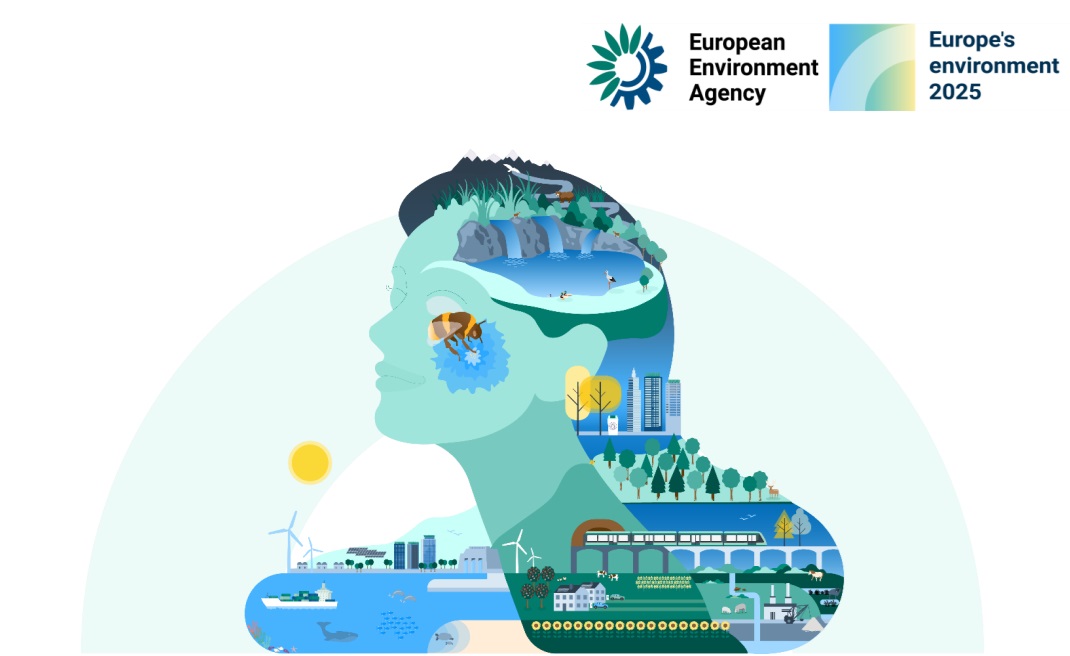
Environment and Europe: ongoing challenges and threats to nature
The state of the environment in Europe is not good: there have been some improvements, especially in reducing greenhouse gas emissions and air pollution, but nature continues to suffer from degradation, exploitation, and biodiversity loss.
This is highlighted in the most comprehensive report to date, the 7th Environment Report for Europe 2025, published by the European Environment Agency (EEA) in collaboration with the EEA’s European Environment Information and Observation Network (Eionet).
The SPA/RAC Report and the Blue Crab Challenge
Over the past ten years, the invasive blue crab (Portunus segnis), nicknamed “Daesh” by Tunisian fishermen for its destructive nature, has spread through the coastal waters of the Mediterranean, severely disrupting traditional fishing and threatening marine ecosystems.
What was initially seen as an ecological and economic disaster is slowly turning into an opportunity thanks to innovative initiatives and coordinated projects. Among these, the FishEBM Med project, funded by the Global Environment Facility (GEF), promotes practical solutions to mitigate the impacts of invasive species while supporting the development of a sustainable blue economy.
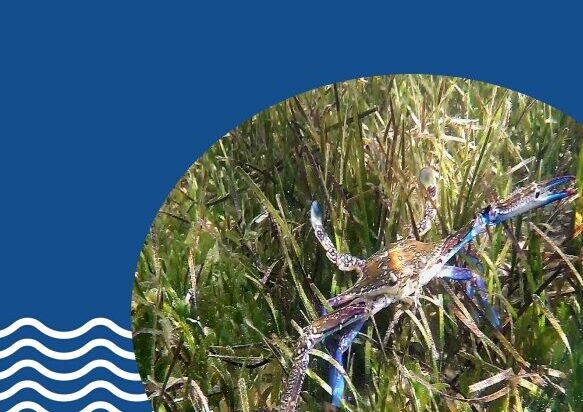
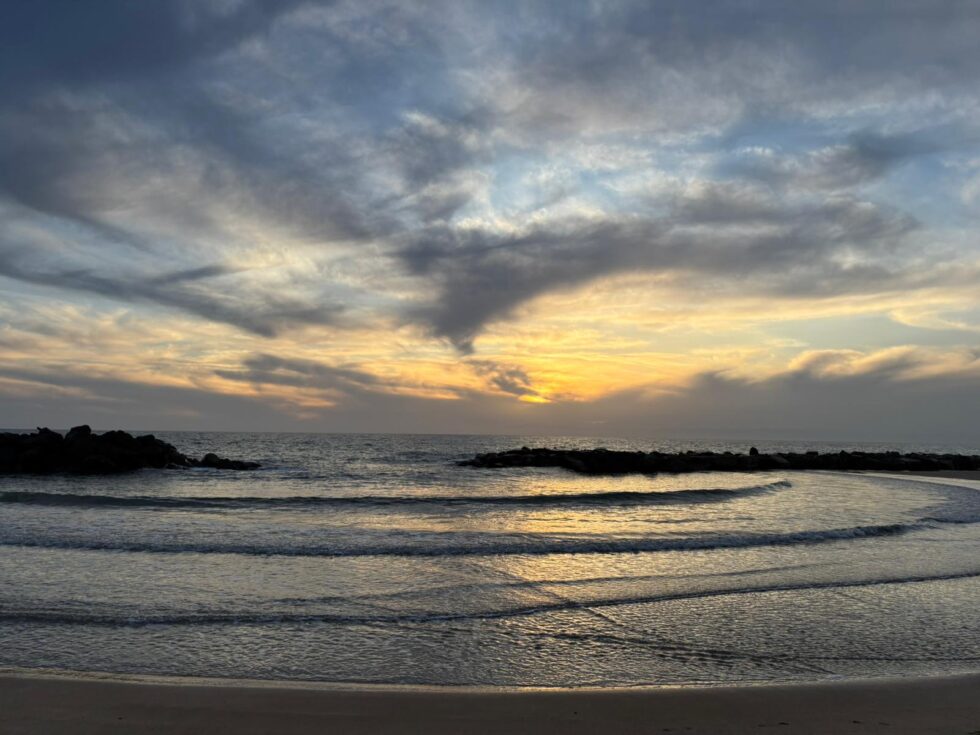
New Research on Marine Heatwaves in the Mediterranean
A new study led by CMCC, the Euro-Mediterranean Center on Climate Change, clarifies some aspects related to the increase in marine heatwaves in the Mediterranean over recent decades.
It is not heat itself that triggers marine heatwaves, but its persistence.
The new study shows that persistent subtropical ridges have far more significant effects than the rise in atmospheric temperatures.
It is their persistence that creates the conditions for the formation of marine heatwaves. At the onset of these events, the ridges become stationary, interrupting the normal eastward movement of weather systems.
INFO/RAC at the 15th InforMEA Steering Committee in Geneva
The 15th annual meeting of the InforMEA Steering Committee, the United Nations portal for multilateral environmental information, concluded in Geneva. Held from 16 to 18 September, the event gathered representatives from international organizations, programmes, and secretariats active in the environmental field.
Among the participants, INFO/RAC represented the Mediterranean Action Plan (UNEP/MAP), contributing its expertise in environmental information and communication management. The Centre brought UNEP-MAP’s perspective to the InforMEA Secretariat, actively engaging in both plenary sessions and technical working groups.
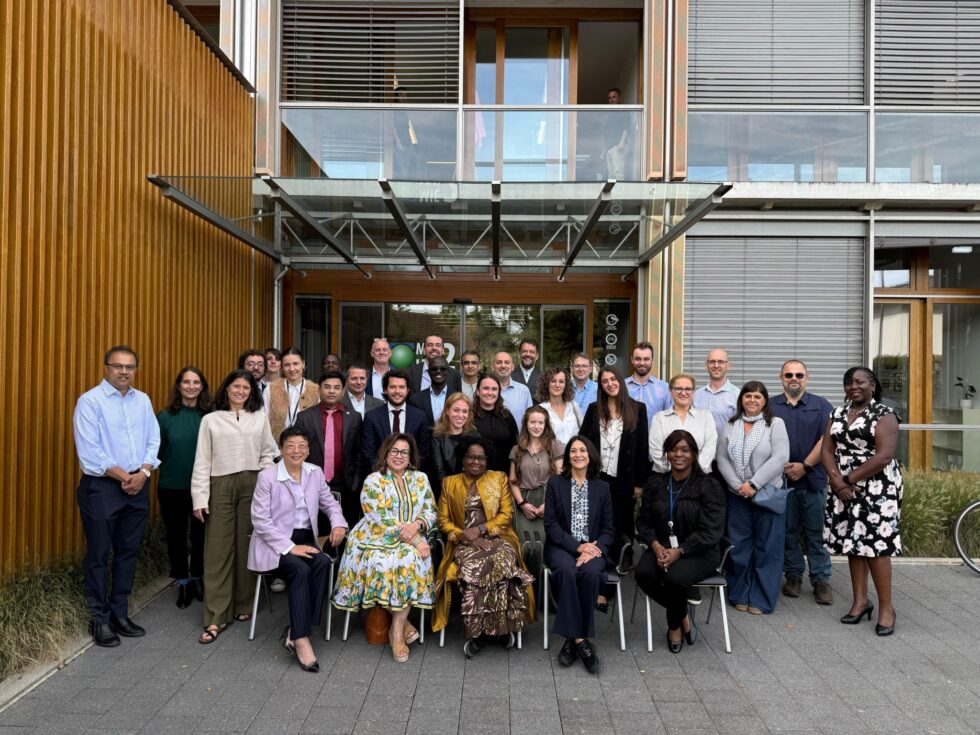
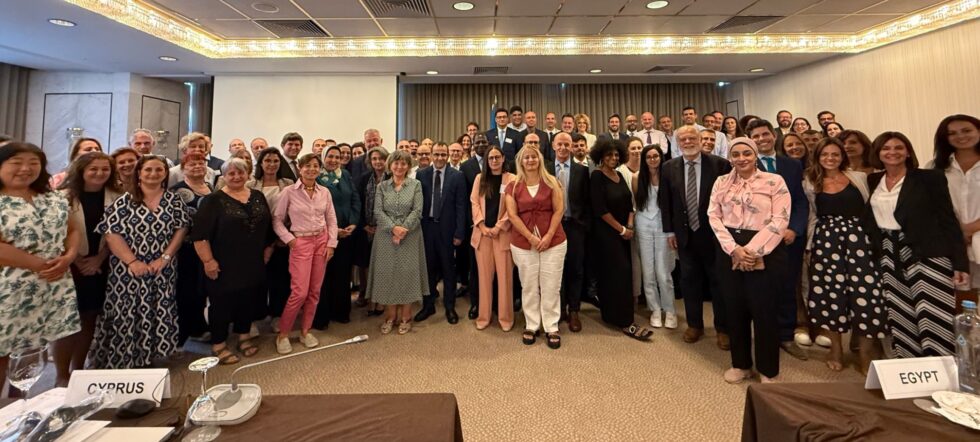
MAP Focal Points Meeting Held in Athens
Delegates from 21 Contracting Parties, the European Union, United Nations bodies, intergovernmental and non-governmental organizations participated in the Meeting of the Focal Points of the Mediterranean Action Plan (MAP) of the Barcelona Convention, held in Athens from 16 to 19 September 2025.
Over four days of intensive work, reports on activities carried out under seven thematic programmes of work were reviewed. Highlights included progress in reducing marine litter and hazardous substances, advances in biodiversity protection under the post-2020 SAPBIO, and contributions from regional centres on climate resilience, blue economy initiatives, and environmental monitoring.
Here is the “European Nature Protection Toolkit”
A greener future also begins in the classroom. With an innovative educational toolkit, the European Union is reaching out to young people aged 13 to 16, aiming to foster a new ecological awareness and strengthen efforts to protect nature.
Designed for educators and environmental facilitators, the toolkit can be used not only in schools, but also in informal settings such as museums, environmental education centers, and educational workshops.
The goal? To engage young people and help them understand key topics such as biodiversity, ecosystems, and EU environmental policies. And just as importantly, to encourage active involvement in the conservation of Europe’s natural heritage.
The toolkit is structured into four thematic modules, each featuring hands-on activities, digital tools, and educational resources.

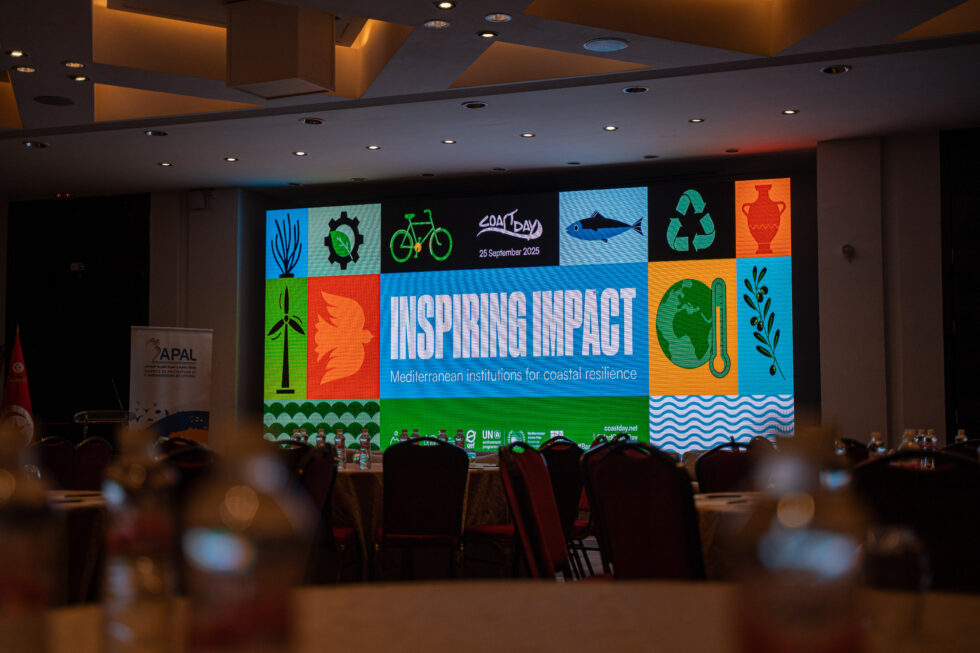
Coast Day 2025: not just a date
This is confirmed by Daria Povh Škugor, Director of PAP/RAC, the main driving force and organizer of Coast Day: “Coast Day is not just a date on the calendar. It’s a spark that turns awareness into action. The challenges are too big for a single actor. We need strong institutions working together with informed citizens.”
This year, the annual celebration of Coast Day — the international day aimed at raising public awareness on crucial issues such as coastal urbanization, climate change, and sustainable development in the Mediterranean region — had as its central theme: “Inspiring Impact: Mediterranean Institutions for Coastal Resilience.”
“Voices of the Deep”: protecting sharks and rays in Albania
In Vlora Bay and Orikum, Albania, the existence of sharks and rays is increasingly threatened due to bycatch and a general lack of awareness among fishers and consumers.
To raise awareness about their conservation, Voices of the Deep was launched—an initiative by the Royal Albania Foundation, supported by SPA/RAC, the Italian Ministry of Environment and Energy Security (MASE) as part of its support to the 2024–2025 UNEP/MAP Work Programme, and the Global Environment Facility (GEF) through the FishEBM Med project.
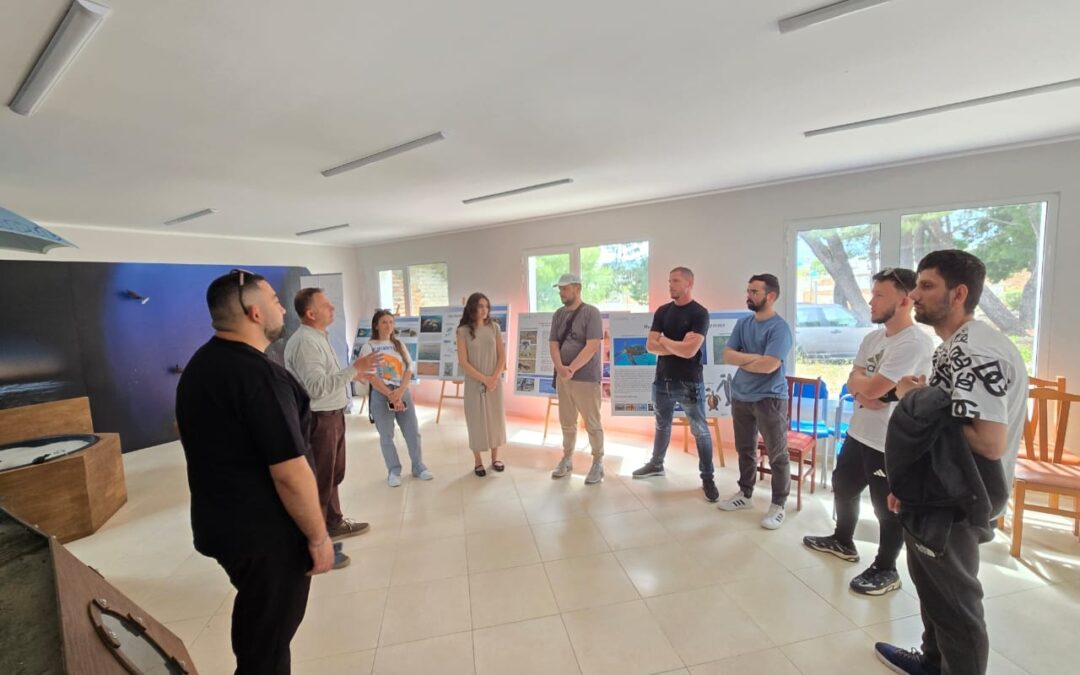
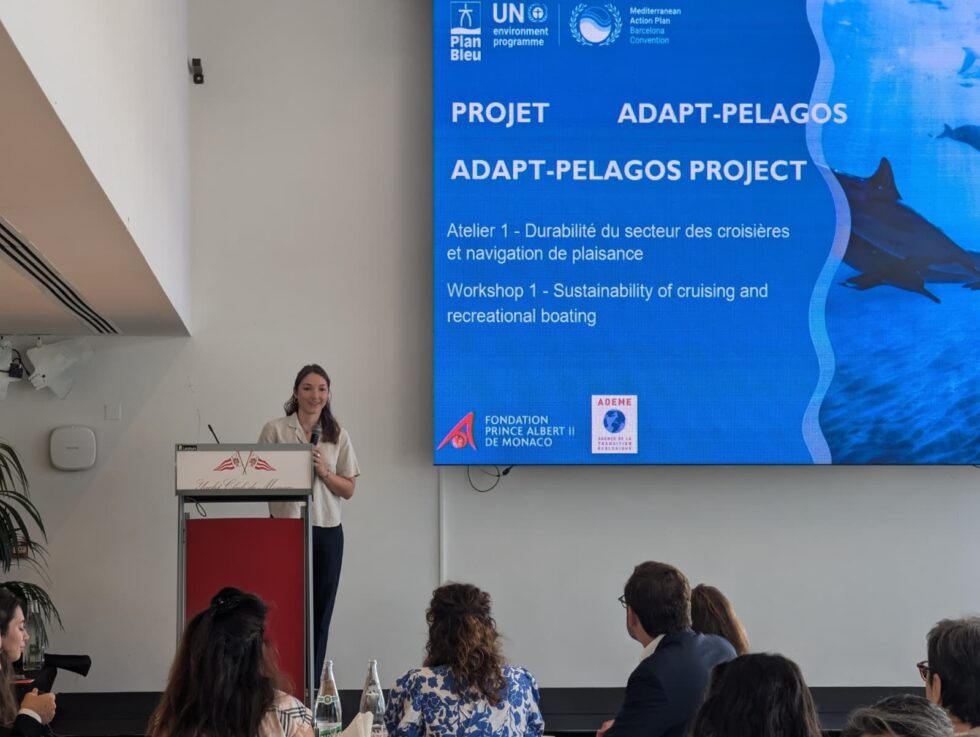
A workshop on the sustainability of boating and cruises in the sanctuary
Institutions, scientists, and academics gathered on September 16 at the Yacht Club de Monaco for the first workshop of the Adapt-Pelagos project, focused on the theme: “Sustainability of Boating and Cruises in the Pelagos Sanctuary.”
The meeting was an opportunity to jointly discuss issues such as the impact of cruises and yachting, existing legal frameworks, and sustainable management initiatives such as the SEA Index by the SEA Index Superyacht Eco Association, the VisiZone module by ACCOBAMS, and the joint High Quality Whale-Watching® certificate promoted by the Pelagos Agreement.
Fishing Opportunities for 2026
in the Mediterranean
On 22 September, the European Commission adopted its proposal for fishing opportunities for 2026 in the Mediterranean and Black Seas. The proposal promotes the sustainable management of fish stocks in these areas and follows up on the political commitments made in the MedFish4Ever and Sofia Declarations.
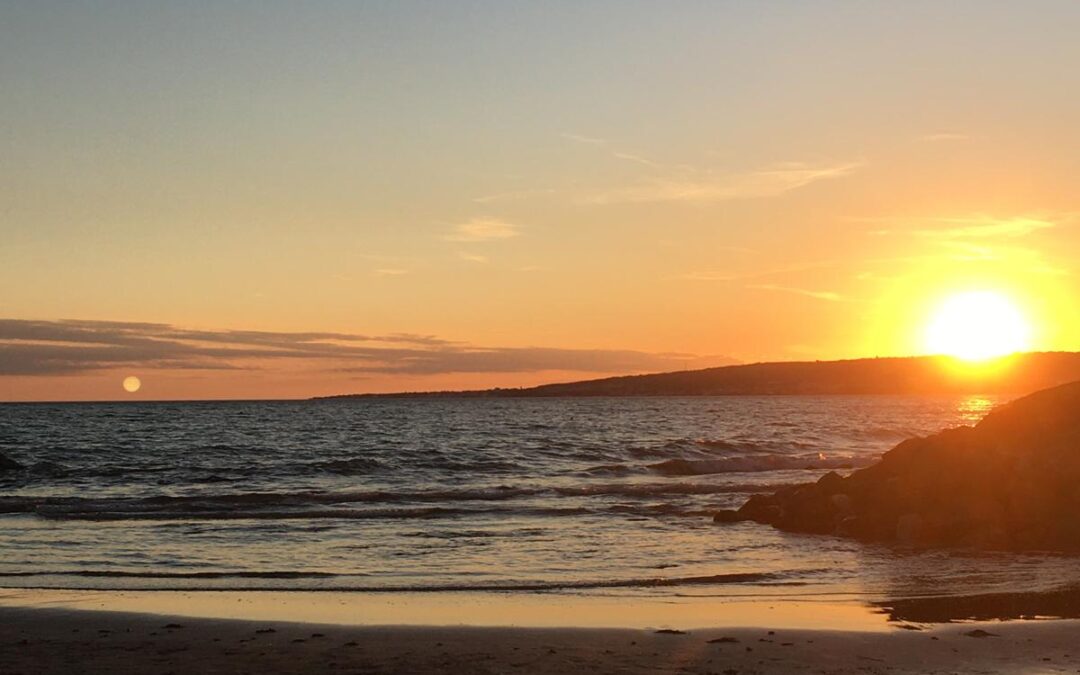
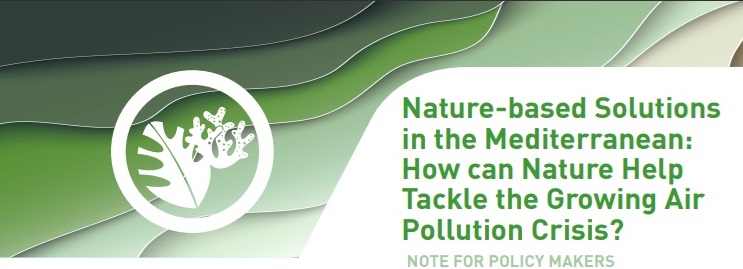
Mediterranean: Can Nature Help Tackle Air Pollution?
In two-thirds of Mediterranean countries, air pollution levels far exceed the standards set by the European Union and the World Health Organization. The consequences are serious: from the rise in respiratory diseases to environmental degradation. But is there a natural solution to address the problem?
The Plan Bleu publication, “Nature-based Solutions in the Mediterranean: How Can Nature Help Tackle the Growing Air Pollution Crisis?”, explores the potential of green roofs, urban trees, and green and blue corridors — the so-called Nature-based Solutions (NbS) — in reducing air pollution. These strategies not only improve air quality but also offer many additional benefits, such as temperature regulation, biodiversity support, and improved public health.
The UfM’s 2025 Progress Report: monitoring and progress
The second edition of the Union for the Mediterranean’s report on regional integration was published on 12 September. Released in the year marking the 30th anniversary of the Barcelona Process, the report examines the state of Euro-Mediterranean economic interconnectedness and provides data-driven policy recommendations to promote integration as a driver of sustainable economic growth and social development.
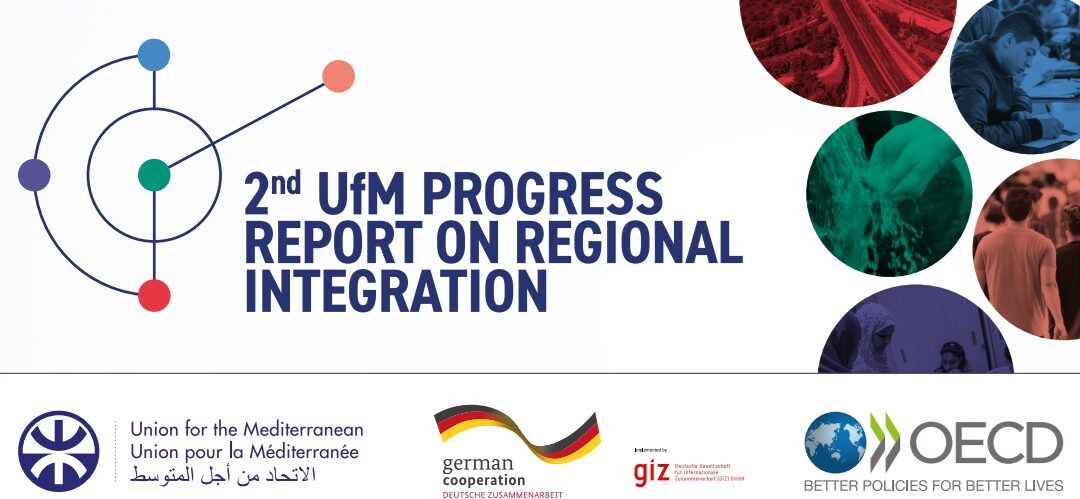
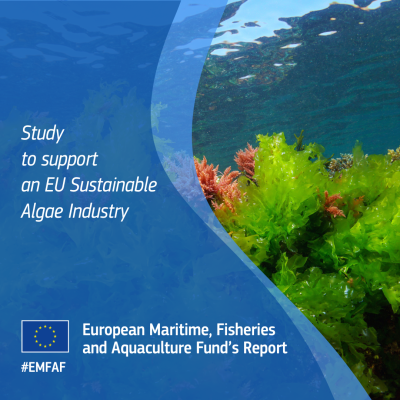
Algae: a new European Commission study reveals their potential
The European Commission has published a new study highlighting the strategic role of algae. The report, titled “Study to Support a Sustainable EU Algae Industry”, explores the many applications of both macro- and microalgae, showing how they can contribute to food security, marine ecosystem health, and the fight against climate change.
According to the study, algae have the potential to revolutionize several key sectors. For example, they could replace fish-based feed with algae-based alternatives in aquaculture, contribute to climate change mitigation, and much more.
August 2025: the third-warmest August ever recorded for the global ocean
The data is clear: according to the latest ocean temperature bulletin published by Mercator Ocean International, operator of the EU’s Copernicus Marine Service, August 2025 ranked as the third-warmest August on record globally in terms of Sea Surface Temperatures (SST).
The report analyzes ocean temperature trends, changes, and updates at both global and regional levels, providing crucial information to the scientific, environmental, and climate monitoring communities worldwide.
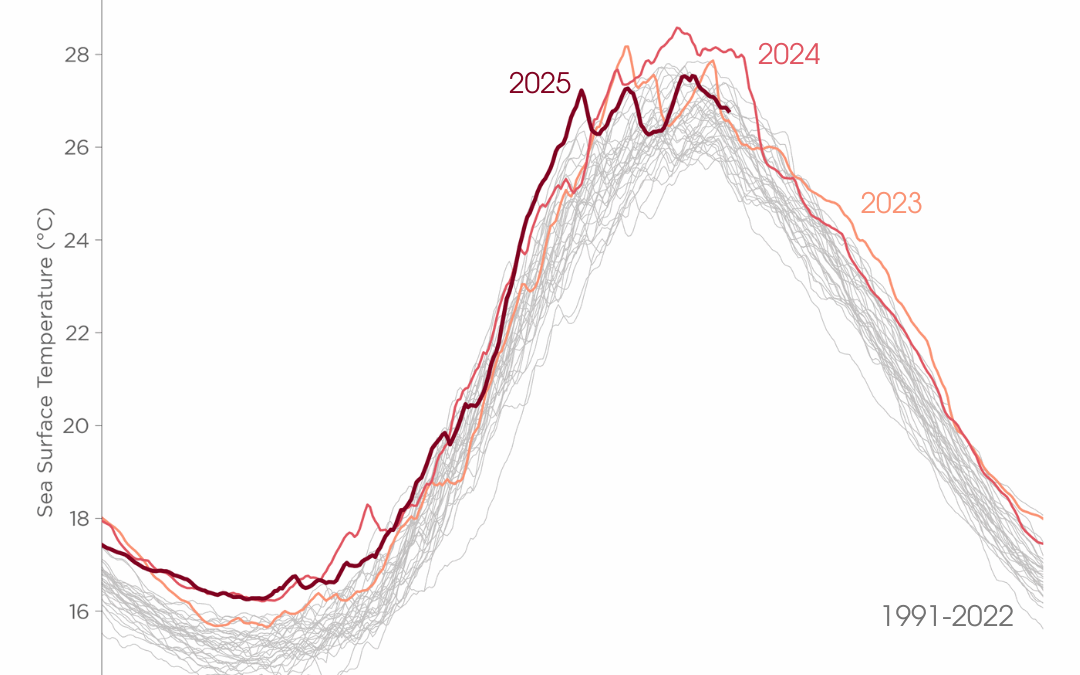
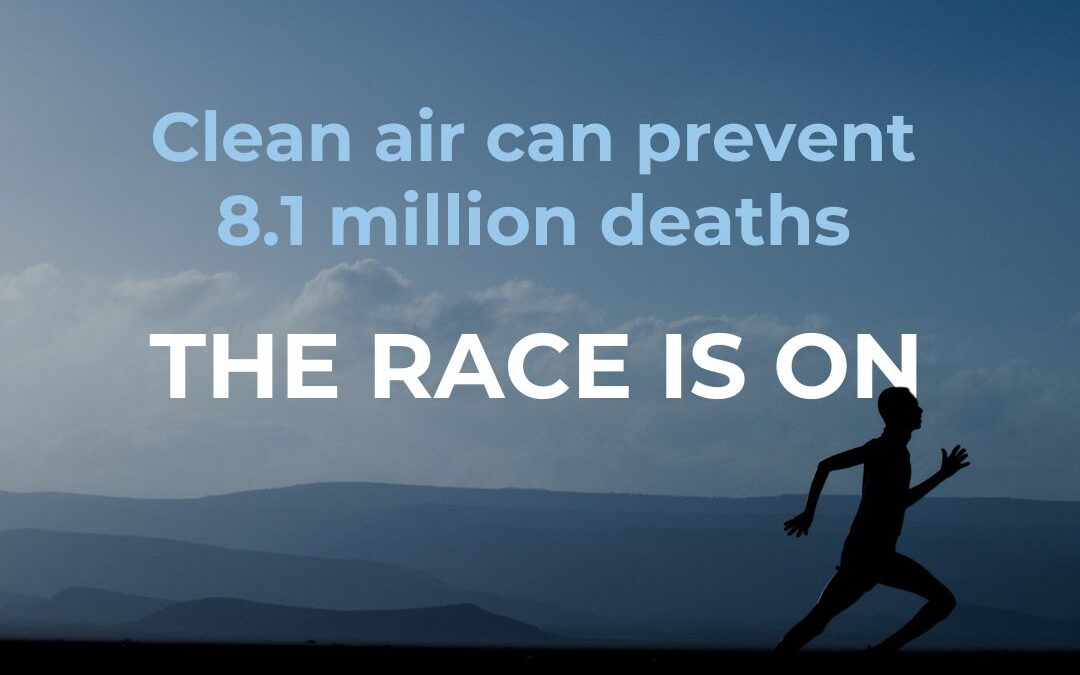
The International Day of Clean Air for Blue Skies
The Sixth International Day of Clean Air for Blue Skies will take place on 7 September.
This day was chosen by the United Nations to raise public awareness of the impact of air pollution on health and the environment, and to promote solutions to improve air quality.
This year’s edition will have the theme “Racing for Air”, to emphasise the need for collective solutions and actions to ensure clean air for all.
UN Plastic Treaty Talks Stall in Geneva
It was ten days of intense negotiations, but in the end, no agreement was reached on the treaty text. We’re talking about the fifth session of the Intergovernmental Negotiating Committee (INC-5.2), held in Geneva from 5 to 14 August, aiming to define an international legally binding treaty to tackle plastic pollution. The talks were adjourned early on 15 August, with Member States committing to resume negotiations at a future date still to be announced.
Despite the deep divisions that emerged during discussions, there was a shared willingness to continue the process, which many see as essential in addressing one of the most serious environmental crises of our time.
